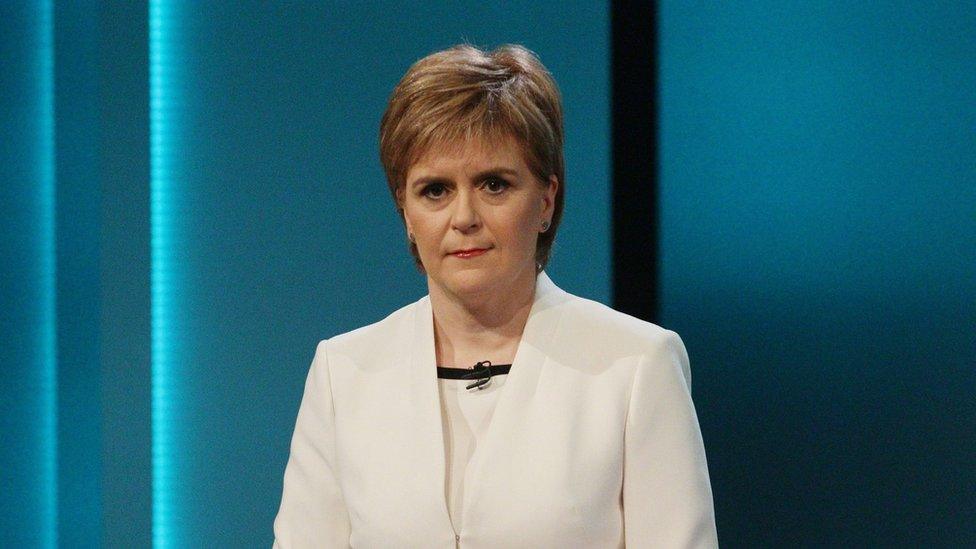EU referendum: Tory anger over Osborne's Brexit cuts warning
- Published
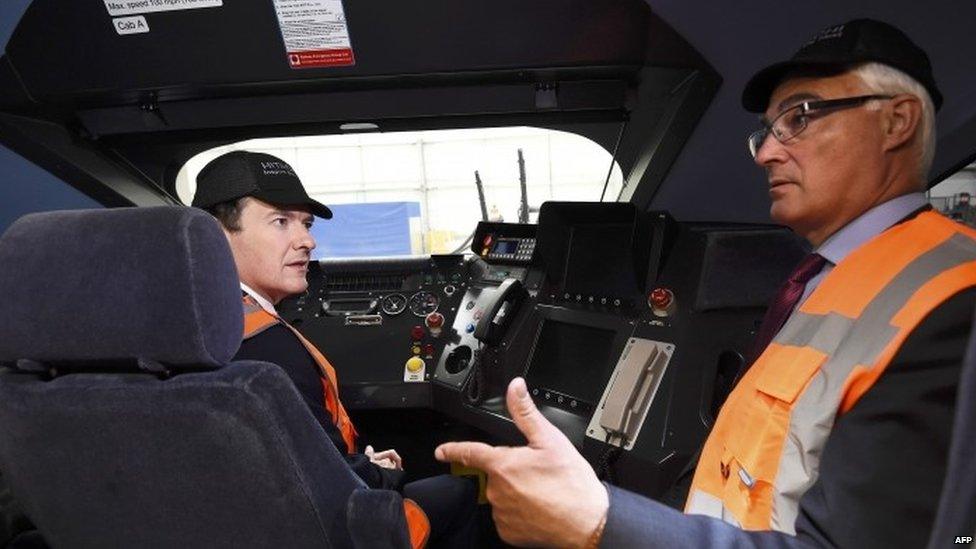
The chancellor says an emergency Budget would be needed to deal with the fallout of a vote to leave the EU
Tory backbenchers have reacted angrily to George Osborne's warning of cuts to public spending and tax increases in the wake of a vote to leave the EU.
A letter claiming the chancellor's position would be "untenable" if he tried to cut NHS, police and school spending has been signed by 65 MPs.
They said they would block any attempt at a so-called "punishment" Budget.
But Downing Street has backed Mr Osborne, saying the economic crisis that would ensue could not be ignored.
The UK votes on whether to remain in the EU or to leave on 23 June.
In other referendum news:
Vote Leave set out a roadmap of what the government should do in the aftermath of a vote to leave the EU
Home Secretary Theresa May says the government "should look at further reform" of free movement of people, if the UK votes Remain
Nigel Farage and Sir Bob Geldof, leading rival Leave and Remain flotillas, trade verbal blows on the Thames
The CBI said business groups from countries including Norway, Switzerland and Canada had outlined the "serious shortcomings" in their alternative relationships with the EU
Rolls-Royce writes to its staff saying it backs a Remain vote
Scotland's First Minister Nicola Sturgeon warned that the UK voting to leave the European Union could present the risk of a "right-wing Tory takeover".
Follow all the latest developments with BBC EU Referendum Live.
In the latest of a series of government warnings about the consequences of a vote to leave, Mr Osborne said emergency action would be required to deal with the "black hole" in public finances that some economists have warned would open up following Brexit.
In a joint appearance with his Labour predecessor, Lord Darling, Mr Osborne said this could include a two pence rise in the basic rate of income tax and a three pence rise in the higher rate,
The chancellor also said spending on the police, transport and local government could be cut by 5% and the ring-fenced NHS budget could be "slashed", along with education, defence and policing.
The two men said the measures - £15bn of tax rises and £15bn of cuts - were based on the Institute for Fiscal Studies' predictions about the economic impact of a vote to leave from lower trade, investment and tax receipts.
Mr Osborne said leaving the EU would be an "irreversible" step causing "financial instability" and leaving the UK "with no economic plan".
George Osborne brushes aside Tory MPs' Brexit Budget warnings
The UK, he suggested, would not be able to "afford the size of the public services that we have at the moment" outside the European Union and would have to "cut its cloth accordingly".

Analysis by Laura Kuenssberg, BBC political editor
"Smart guy, stupid move" - one of the kindest descriptions by Leave MPs of George Osborne's Brexit Budget move.
This campaign has already been marked by bitter disputes and astonishingly personal attacks.
But the fact that dozens of Conservative MPs have been willing to sign up to criticise the chancellor so very publicly today illustrates that some bonds have been broken beyond repair - and that the conduct of the referendum has damaged George Osborne's reputation among his colleagues.

But Conservative Leave campaigners said it would be a clear breach of the party's 2015 manifesto commitment not to raise income tax rates, VAT or National Insurance for the duration of the Parliament, and to protect NHS and defence spending.
Former Cabinet ministers Iain Duncan Smith, Liam Fox, Owen Paterson and Cheryl Gillan are among Conservative MPs who signed a statement saying they "cannot possibly allow" cuts of that scale to go ahead, arguing they were unnecessary and a "scare tactic"
Jacob Rees-Mogg says George Osborne should read European treaties "more carefully".
"It is absurd to say that if people vote to take back control from the EU that he would want to punish them in this way...If he were to proceed with these proposals, the chancellor's position would become untenable."
During prime minister's questions, a succession of Conservative MPs challenged the chancellor's plans, one describing them as "vindictive" and another accusing the Remain side of "hysterical scaremongering".
'Damascene conversion'
Andrew Bridgen, one of the signatories, said afterwards that the chancellor "needed to get a grip".
"He's basically used up all his political credibility with this final failed throw of the dice at project fear. There's no way that so-called Brexit Budget would ever get through the House of Commons."
Mr Osborne has played down the threat of Conservative MPs blocking an emergency Budget, suggesting that Labour and Conservative MPs would join forces to "take the necessary measures".
But Labour leader Jeremy Corbyn, whose party is on the same side as Mr Osborne in the referendum debate, said he would not support an emergency budget and criticised Tory MPs who had undergone "a Damascene conversion to the anti-austerity movement".
"We would oppose any post-Brexit austerity Budget, just as we have opposed any austerity Budget put forward by this government," he told David Cameron at Prime Minister's Questions.
In response, Mr Cameron said "nobody wants to have an emergency Budget, nobody wants to have cuts in public services, nobody wants to have tax increases," but he said the economic "crisis" that would follow a vote to leave could not be ignored.
"We can avoid all of this by voting Remain next week," he told MPs.
Amid pressure on the Remain side to address public concerns about immigration, George Osborne has ruled out seeking any further concessions from the EU, saying his focus was on implementing restrictions on benefits negotiated by David Cameron earlier this year.
- Published15 June 2016
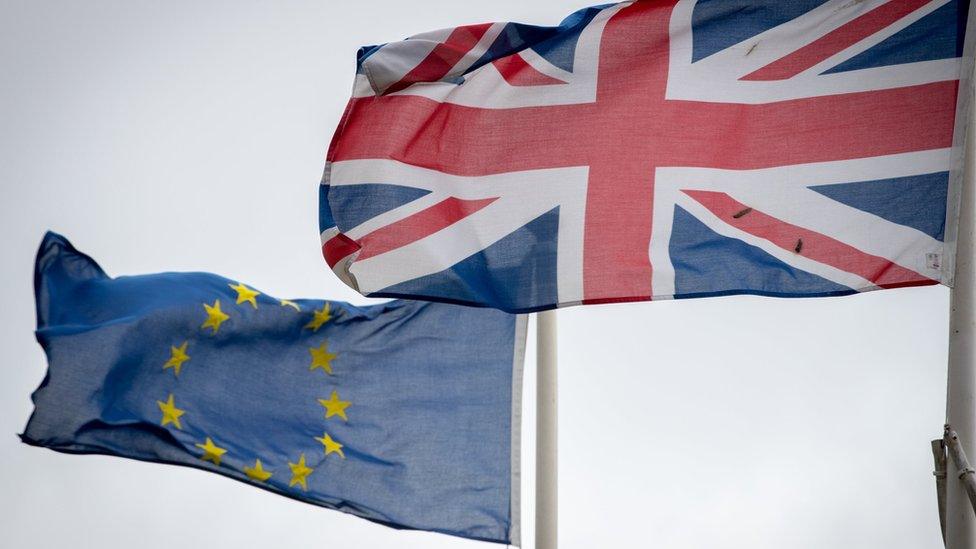
- Published15 June 2016
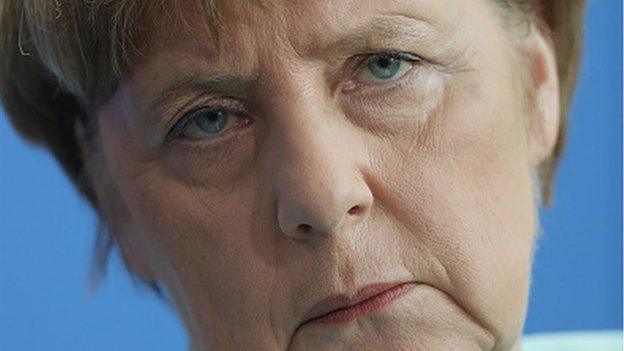
- Published15 June 2016
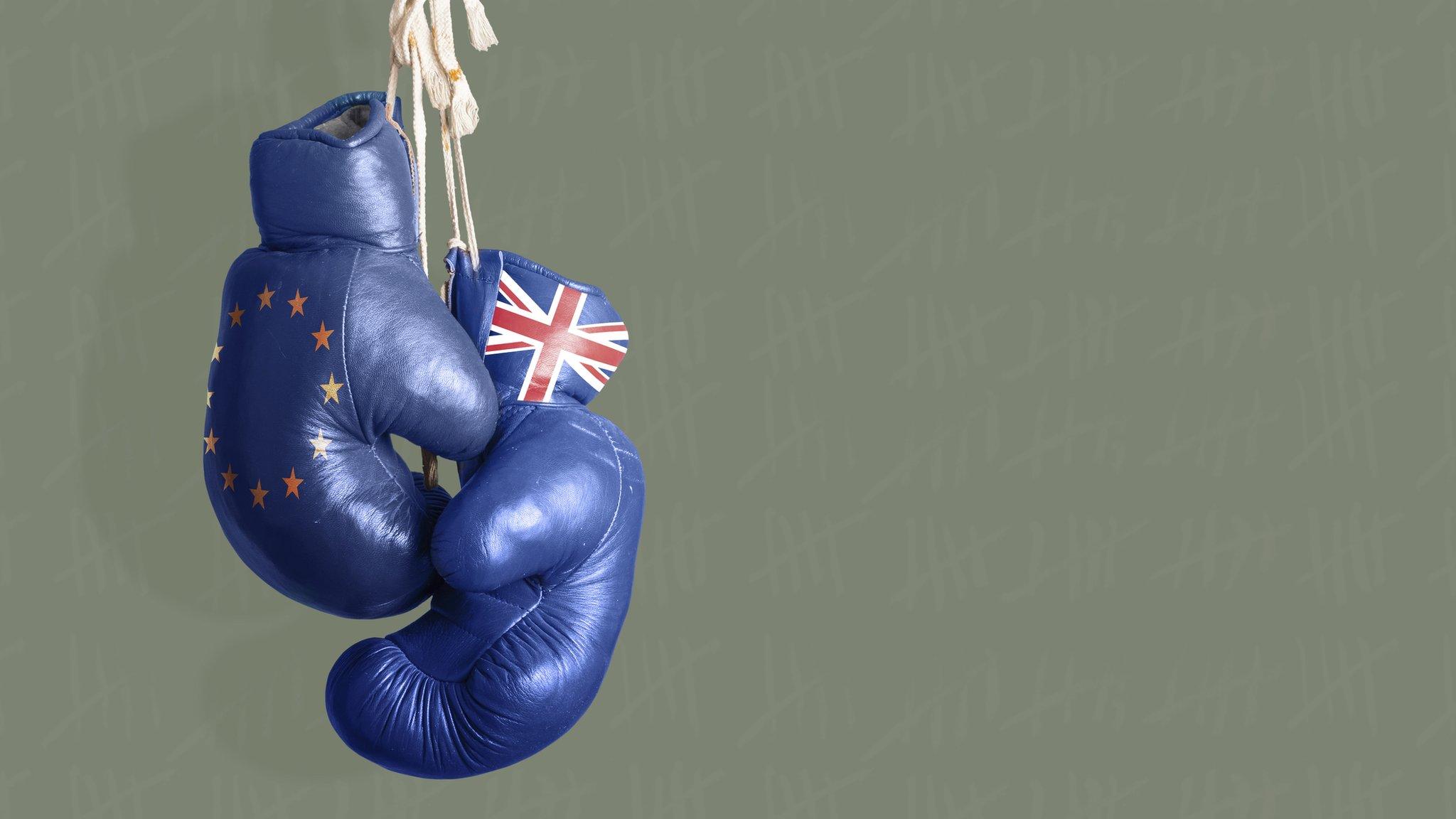
- Published15 June 2016
